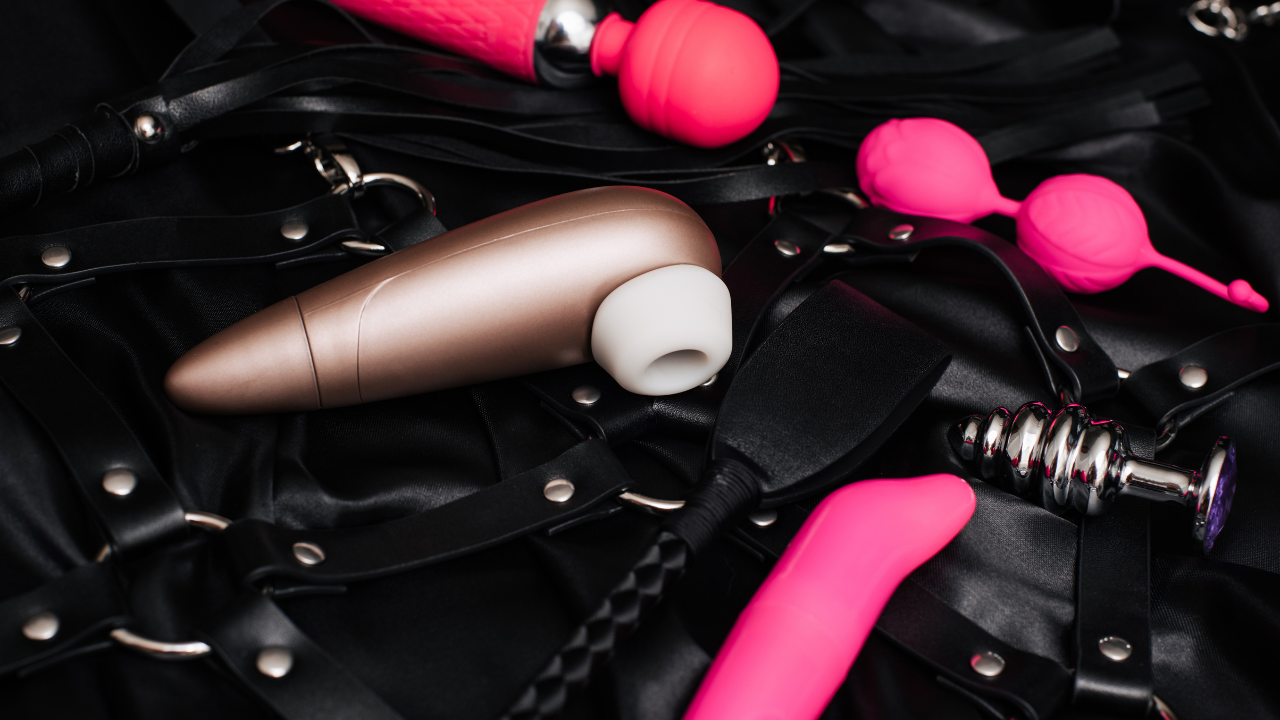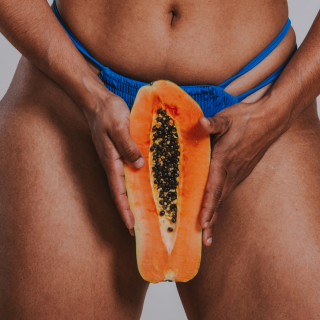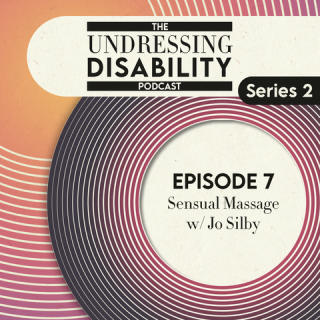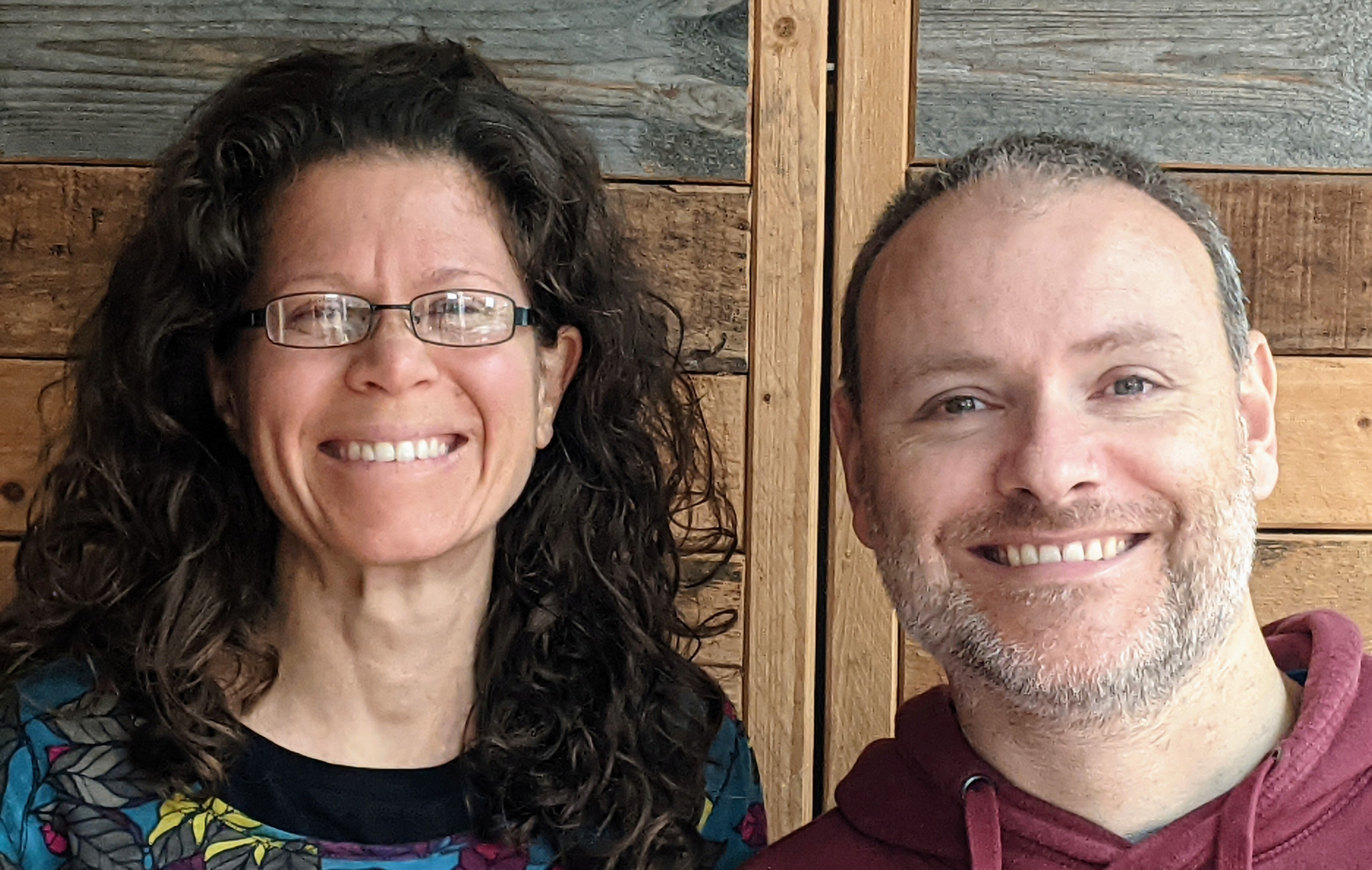
Dear PA’s,
Firstly, thank you. Thank you for choosing to do this job, allowing us to live our lives as independently as possible. Without you we may need to stay living with our parents as our carers or have to reside in a social care setting. All of which might hinder our personal development and freedom of choices.
I know how hard it can be looking after someone 24/7 for weeks at a time. It’s mentally, physically and emotionally taxing. You’re always thinking of someone else and following their lead in the choices of how the day will be structured.
Different disabilities present different challenges. Living with someone with dementia will be draining in a completely different way to living with a 20+ something with a physical disability but full cognition.
However, something has really troubled me. I have noticed it many times over the years but this summer, going to many events, it made me sad and angry. It’s the observation that disabled people with a PA can be very lonely and isolated DESPITE having someone at their side all the time.
For example, I was at a Fatboy Slim concert on Brighton beach this summer. The atmosphere was electric. It was almost like a spiritual experience of everyone being on the same page, enjoying the moment and being lost in the music. Apart from one PA looking after someone next to me on the accessible platform. She spent the whole concert looking at her phone, sat or stood next to her client. I assume he had some kind of brain injury; he could stand a little bit but was very shaky and non-verbal. He was taking photos of the spectacle, yet every photo was coming out blurred due to his shakes. Why didn’t his PA suggest taking one for him? Even better include him in it, to make a crisp, focused memory for him?
Maybe because she wasn’t noticing as she was on her phone. Maybe because it wasn’t important to her. Maybe because she just saw her role as being there if he needed a drink or a loo visit. Not thinking about what this concert meant to him. Or how he may want to share photos of where he’s been.
Another wheelchair user came up between me and this guy. She put her arms round him and shared her euphoria with him, dancing, and grinning. She did the same with me and it was really bonding. I will never forget the smile on his face and the way you could tell he was set alight by this engagement. He was SHARING the experience with someone.
This is what is so important. Engage with your client. Even if it’s something you’re not particularly interested in. Try and show interest, ask questions, dance with them, comment on the surroundings. We need to feel like we are sharing our experiences with someone, like you would a friend. It is not enough to just ‘be there’ for us, disengaged. It can feel so isolated and lonely. It can also affect self-esteem with the reinforcement of their social status as a ‘disabled person’ out with their ‘carer’. Human’s connecting, be it with a meeting of eyes, a touch on the shoulder, a smile, a joke about the surroundings, is vitally important for our soul.
Let’s take someone who is paid to analyse spreadsheets; now, they probably wouldn’t say it’s their favourite thing in life, but they must give their attention to it to get paid and keep their job. Care is more relaxed in the sense you can look at your phone and be in your room or take calls from friends and family all day but please don’t let that lead you down the path of thinking you don’t have to give your best to your client SOCIALLY and EMOTIONALLY. You may find you get even more reward out of your job.
I have so much experience of this myself, where a carer is with me but not mentally. They are on their phones, and just pushing my chair round a shop. I speak, don’t get a response or one that is vague, proving they are not listening to me. It’s soul destroying. I’ve had 16 years’ experience of this. A client may then behave badly to get attention or withdraw completely; what’s the point of talking if someone’s not willing to hear me and care about what I’m saying. Being truly understood and having your social needs met is a huge aspect of care. And for some people, you are the only relationship they have in their life.
Yes, you really are that important. Keep being the best you can be. And thank you again for choosing this job.

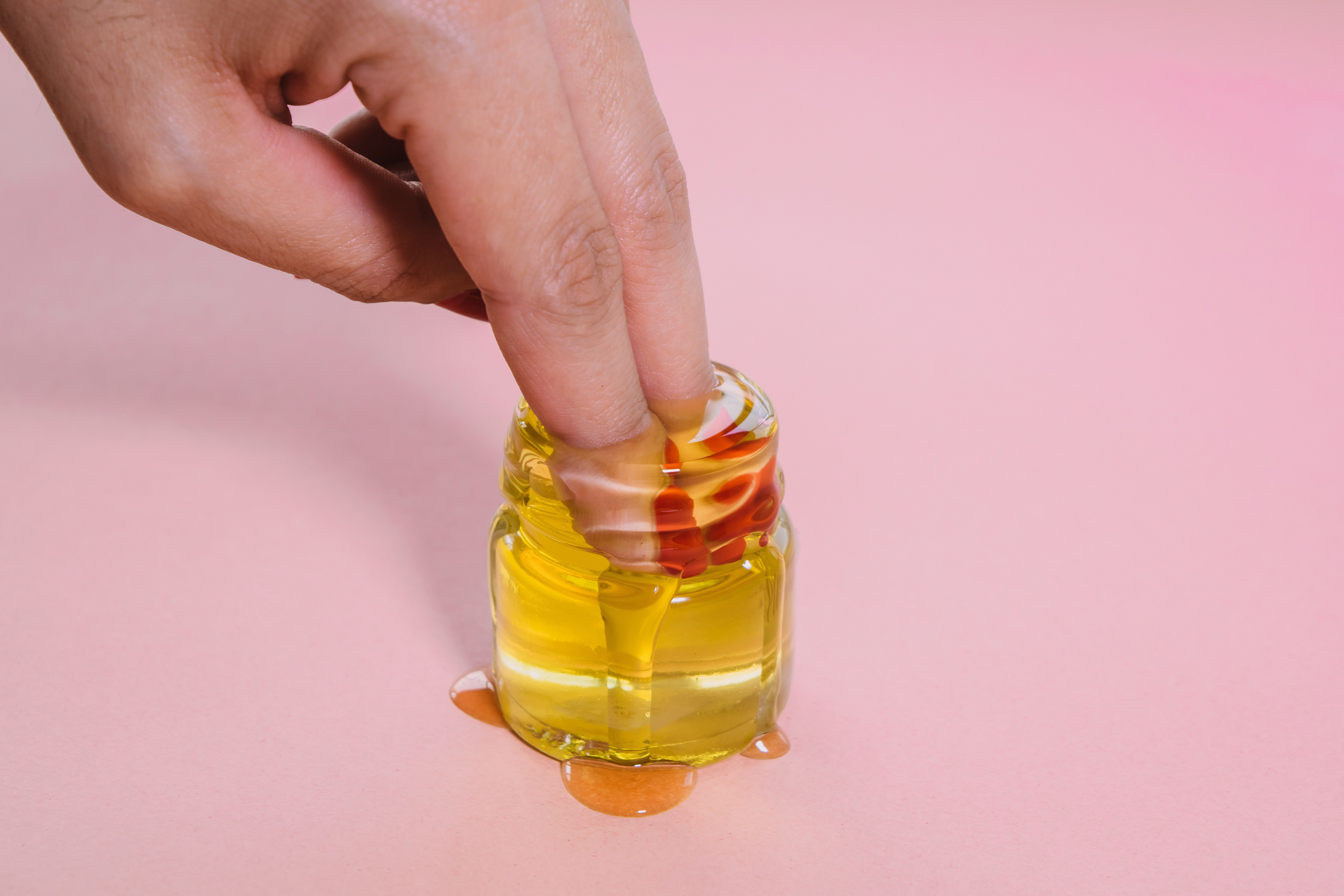
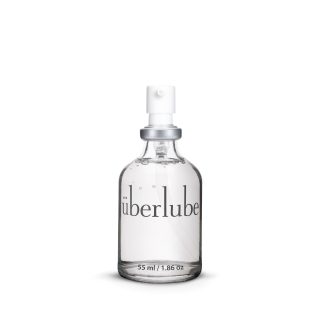
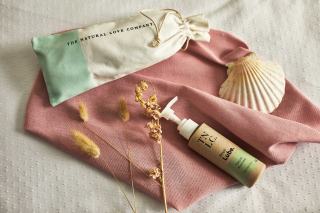
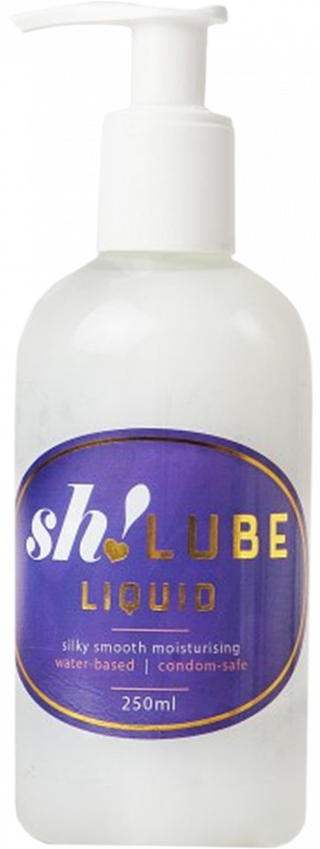
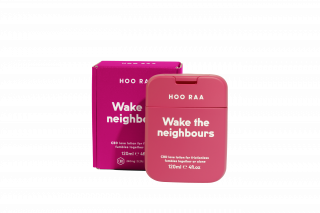 it’s not the most expensive CBD lubricant out there. It contains 240mg of CBD isolate.
it’s not the most expensive CBD lubricant out there. It contains 240mg of CBD isolate.
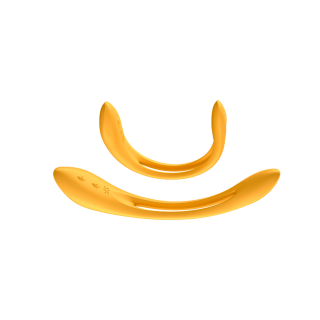
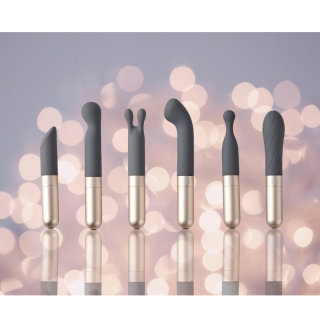
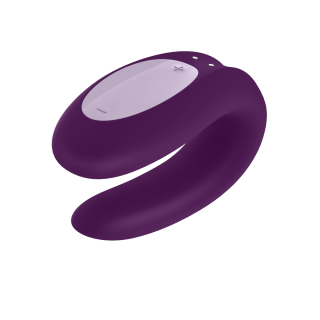 e Joy is definitely one for the couple who enjoy a bit of tech and a fancier vibe. The C-shaped vibrator is matched to an app which can be used as a remote control.
e Joy is definitely one for the couple who enjoy a bit of tech and a fancier vibe. The C-shaped vibrator is matched to an app which can be used as a remote control.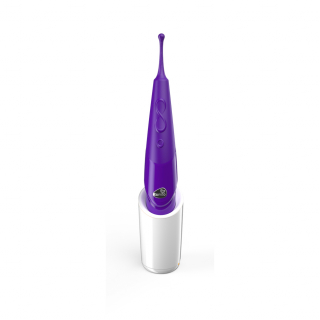

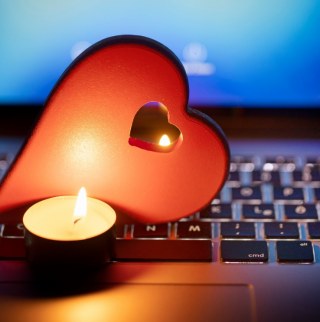 Online dating
Online dating 
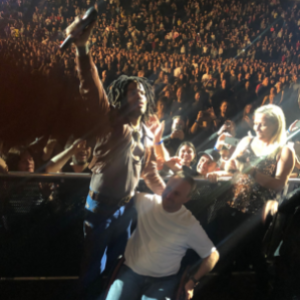
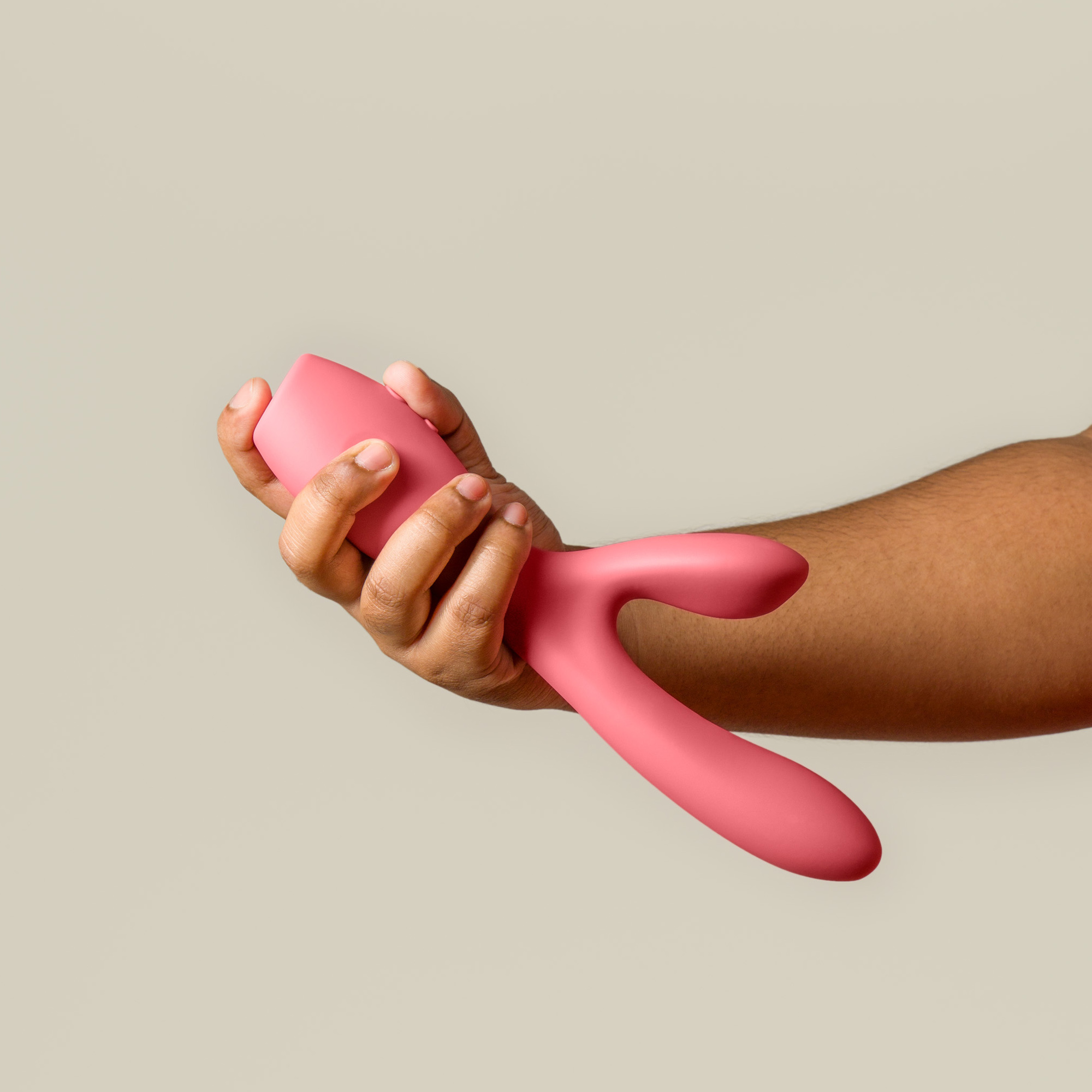
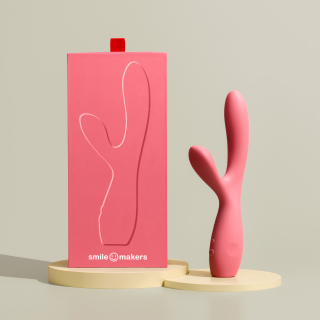 The Smile Makers. The artist vibrator
The Smile Makers. The artist vibrator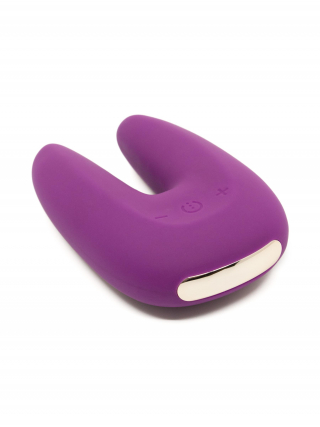 Ann Summers. The Whisper Clitoral stimulator
Ann Summers. The Whisper Clitoral stimulator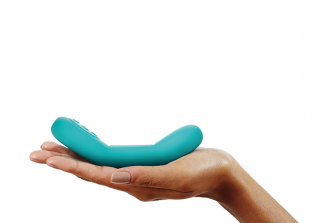 Mystery Vibe. Poco vibrator
Mystery Vibe. Poco vibrator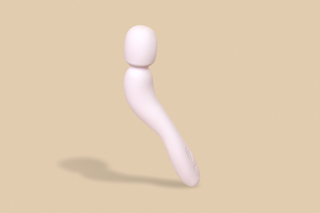 Dame products. The Com
Dame products. The Com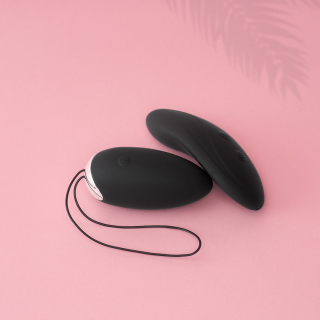 Sinful 2 in 1 Bliss
Sinful 2 in 1 Bliss

 My final lesson brings us back to my Extreme Burlesque. During my striptease I am allowed off the stage to roam around the audience.
My final lesson brings us back to my Extreme Burlesque. During my striptease I am allowed off the stage to roam around the audience.
